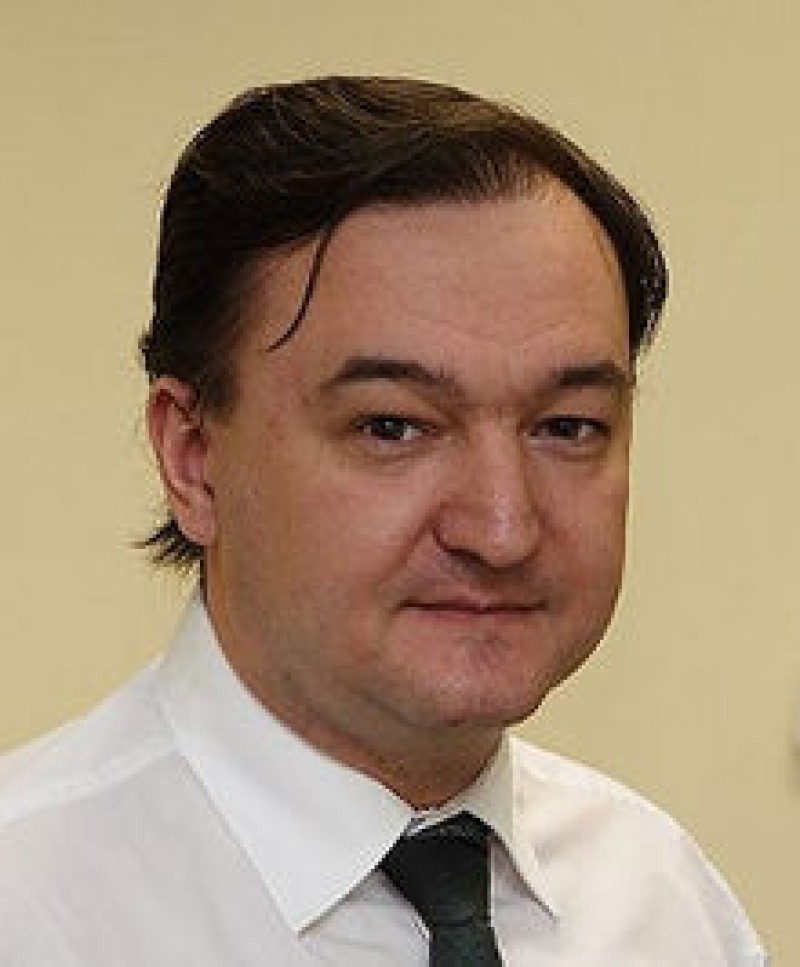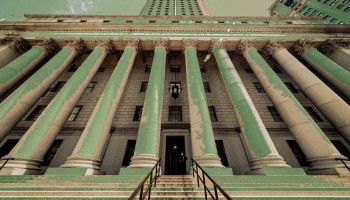In 2007, Magnitsky revealed that the largest tax fraud in Russian history was a criminal heist perpetrated by Russian authorities and public figures. Instead of being commended for uncovering the US $230 million fraud, Magnistky was charged with committing it. He died in jail in 2009, after repeated beatings.
In the Parliamentary Assembly’s November report, Rapporteur Andreas Gross says, “we are in the presence of a massive cover-up involving senior officials of the competent ministries, the Prosecutor General’s Office, the Investigative Committee and even certain courts.”
The Parliamentary Assembly’s “Refusing Impunity for the Killers of Sergei Magnitsky” resolution encourages Russian authorities to hold the perpetrators of Magnitsky’s death responsible, stop his posthumous prosecution, and close criminal cases against his fellow Hermitage Fund lawyers involved in reporting the tax fraud.
The resolution also urges Russian authorities to investigate the unexplained wealth acquired by ministers and tax officials linked to the Magnitsky case.
It recommends that the Council of Europe’s 47 member countries issue targeted sanctions such as visa bans and asset freezes against responsible individuals if actions are not carried out in a timely manner.
These provisions echo the United States' Sergei Magnitsky Act of 2012, which bans visas and use of US financial institutions for people linked to Magnitsky’s death.
The Parliamentary Assembly called on the Council of Europe to follow the money trail of the tax fraud funds, citing the cooperation between Novaya Gazeta and the Organized Crime and Corruption Reporting Project (OCCRP), as an example of how to do so.
OCCRP investigations revealed that the “Magnitsky money” was used to purchase expensive New York real estate through Prevezon Holdings Limited, a company owned by the son of wealthy Russian public official Pyotr Katsyv.
Though most delegates voted for the resolution, not all were pleased with its condemnations.
According to the Moscow Times, the Russian delegate Leonid Slutsky criticized Gross’s report “as lacking objectivity and containing inaccuracies.” Slutsky said it was politicized, and “no longer about Magnitsky but about the defamation of Russia.”






